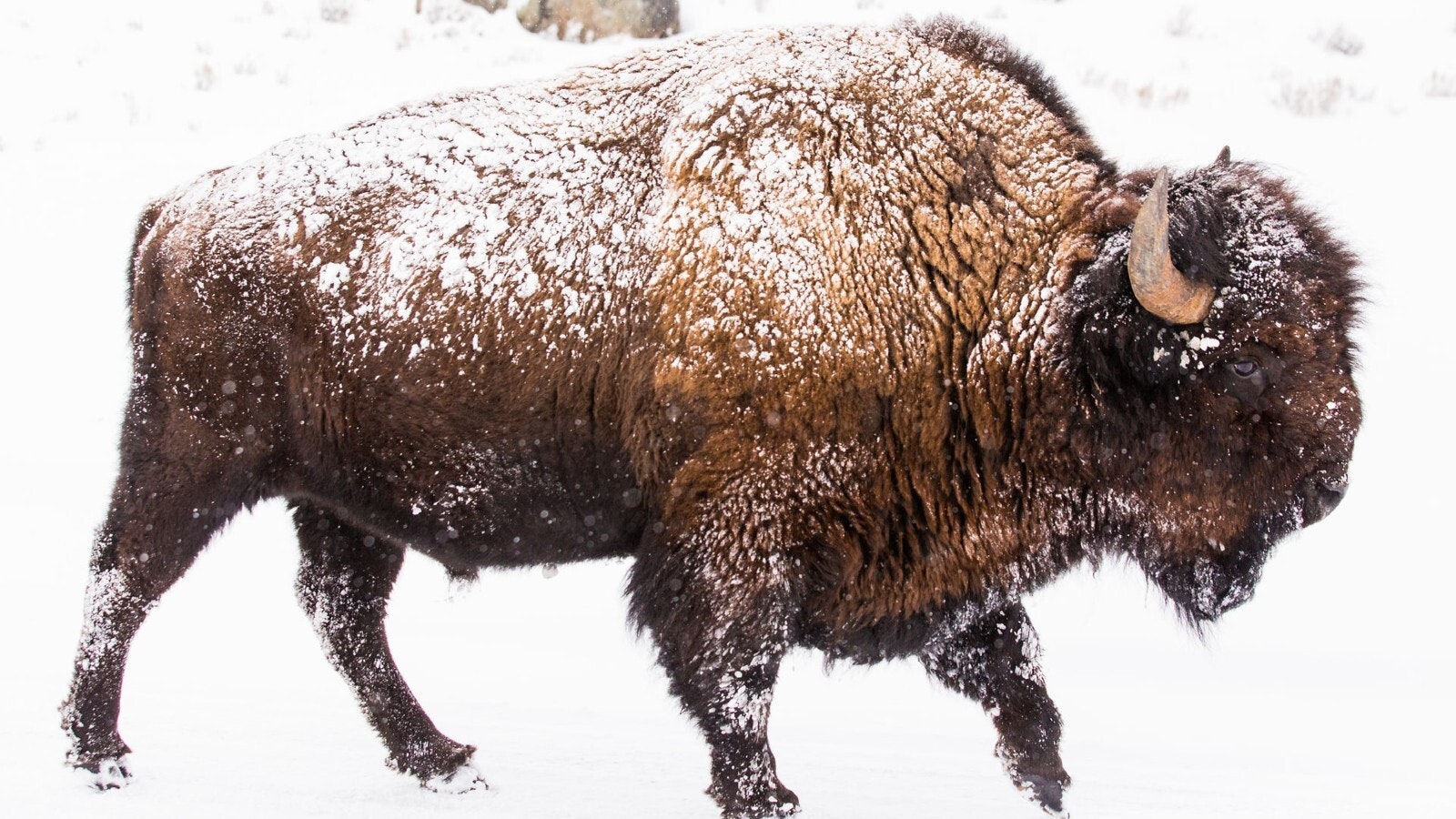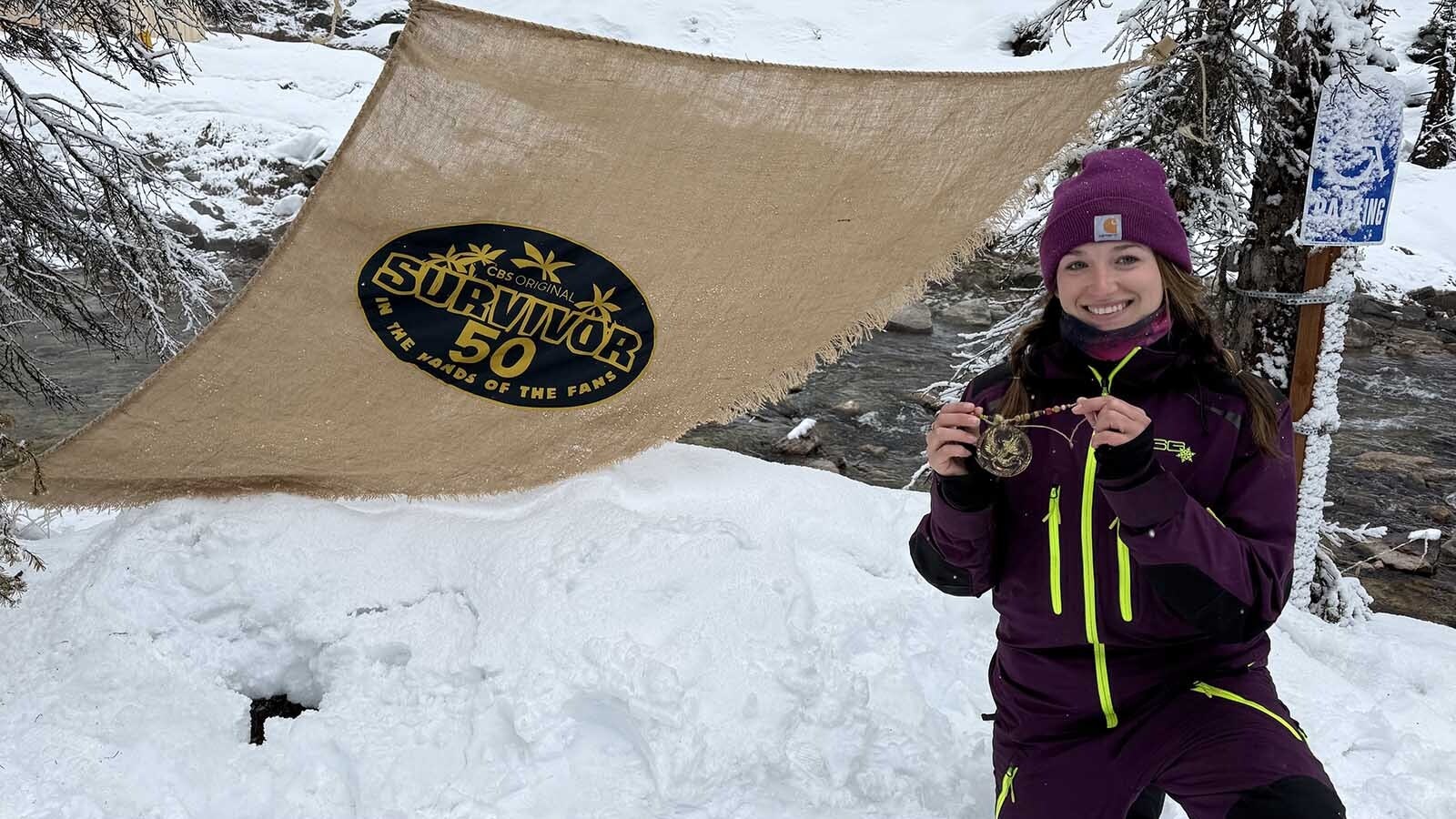A U.S. District Court judged has ordered the U.S. Fish and Wildlife Service to reconsider its decision not to identify bison in Yellowstone National Park as threatened or endangered.
U.S. District Judge Randolph Moss on Jan. 12 ordered the Fish and Wildlife Service to review its earlier decisions against including the bison on the threatened and endangered species list, finding the agency used incorrect standards to reach its decision.
The order stems from a petition filed in 2014 by the Buffalo Field Campaign and Western Watersheds Project asking the department to list Yellowstone bison as endangered or threatened.
The organizations’ request is based on an argument that Yellowstone contains two genetically distinct subpopulations of bison, the Central and Northern herds, which are often separated geographically but do intermix.
The court documents pointed out that only 22 indigenous bison remained in Central Yellowstone in 1902. The Northern herd is descended from 18 females from northern Montana and three bulls from Texas introduced to the park in 1902.
Now, there are about 4,500 bison between the two herds.
However, in 2005, the state of Montana began allowing a bison hunting season on the animals that wander outside of the park’s grounds, and the two organizations argued that the extent of bison culling has been significant.
“According to plaintiffs, the hunting, trapping, hazing, capture and slaughter of Yellowstone bison disproportionately affect the central herd,” the opinion said. “As a result…the size of the central herd has declined dramatically for the last two decades.”
In 2015, the Fish and Wildlife Service denied the petition, concluding it did not present substantial scientific or commercial information indicating why the listing was warranted.
The two organizations challenged this ruling in a lawsuit, arguing the department applied the wrong evidentiary standard. The judge in that lawsuit agreed, and sent the petition back to the FWS for further proceedings.
In 2019, the service again denied the petition, which led the organizations to again sue, arguing that the service’s most recent decision was “arbitrary” and “capricious.”
As in the first lawsuit, the judge again agreed with the plaintiffs and sent the petition back to the service for further proceedings.
“It is concerning, to be sure, that over seven years have now passed since the 2014 petition was filed,” Judge Randolph Moss wrote. “But it remains unclear whether sufficient basis exists to proceed to the next stage of the ESA process, and in light of the substantial amount of work done to date, the Service should be able to answer that question promptly.”
Moss also wrote that the department failed to articulate “a rational connection between the facts found and the choice made” in its 2019 denial of the petition.





